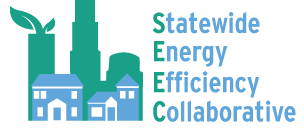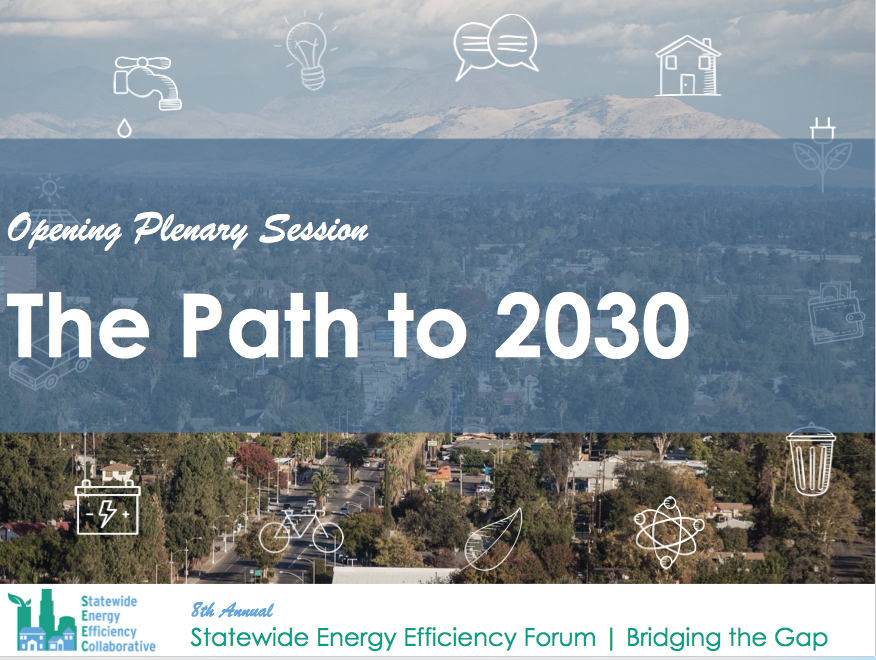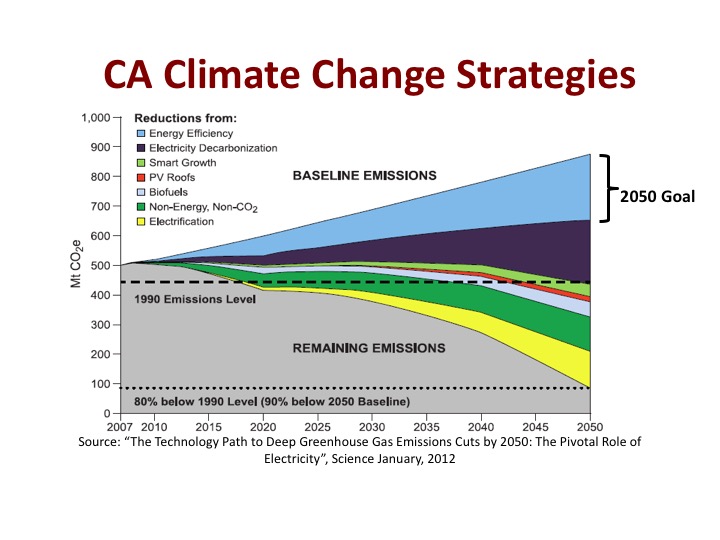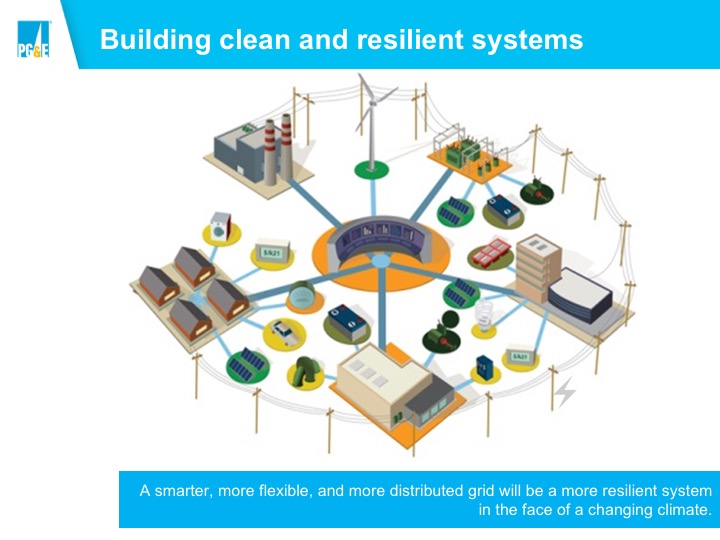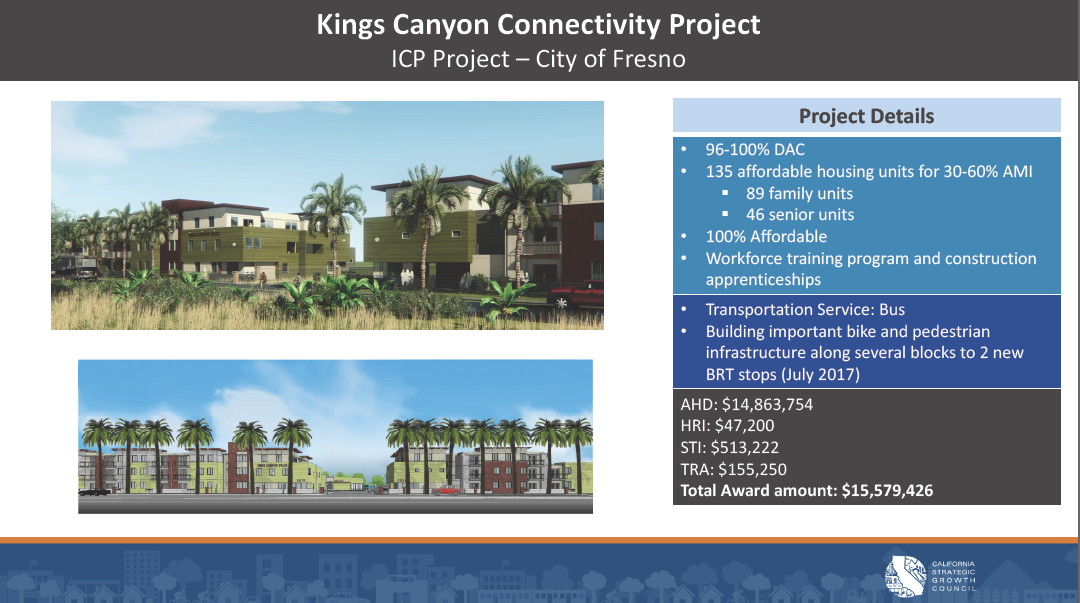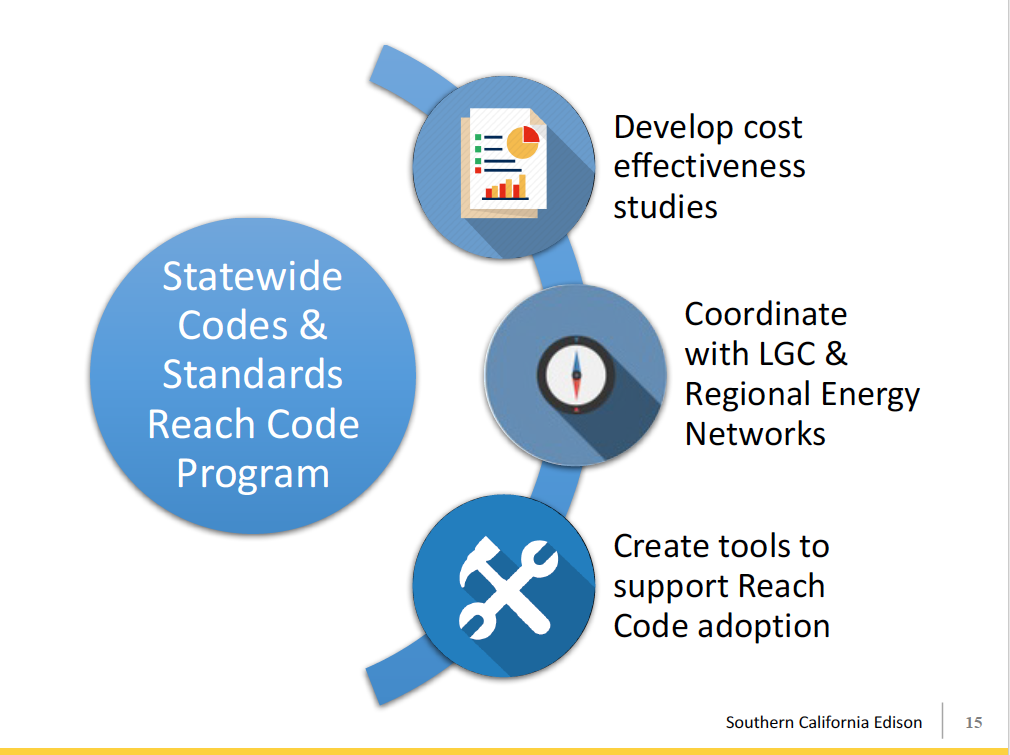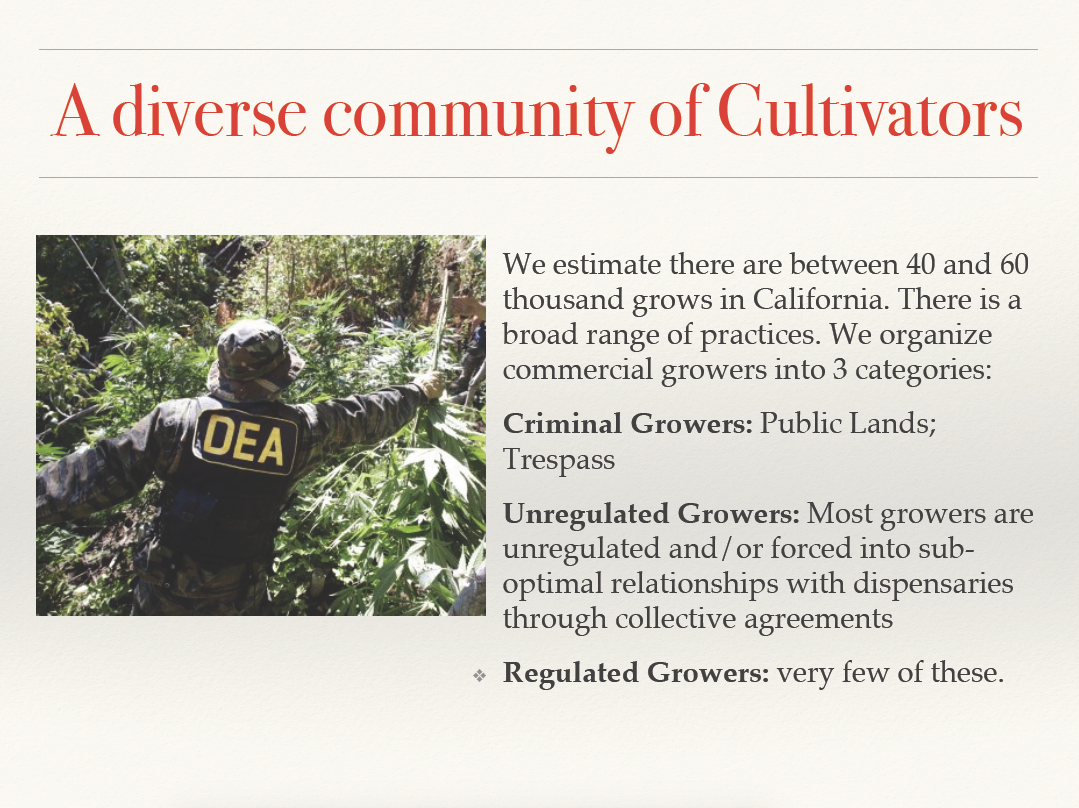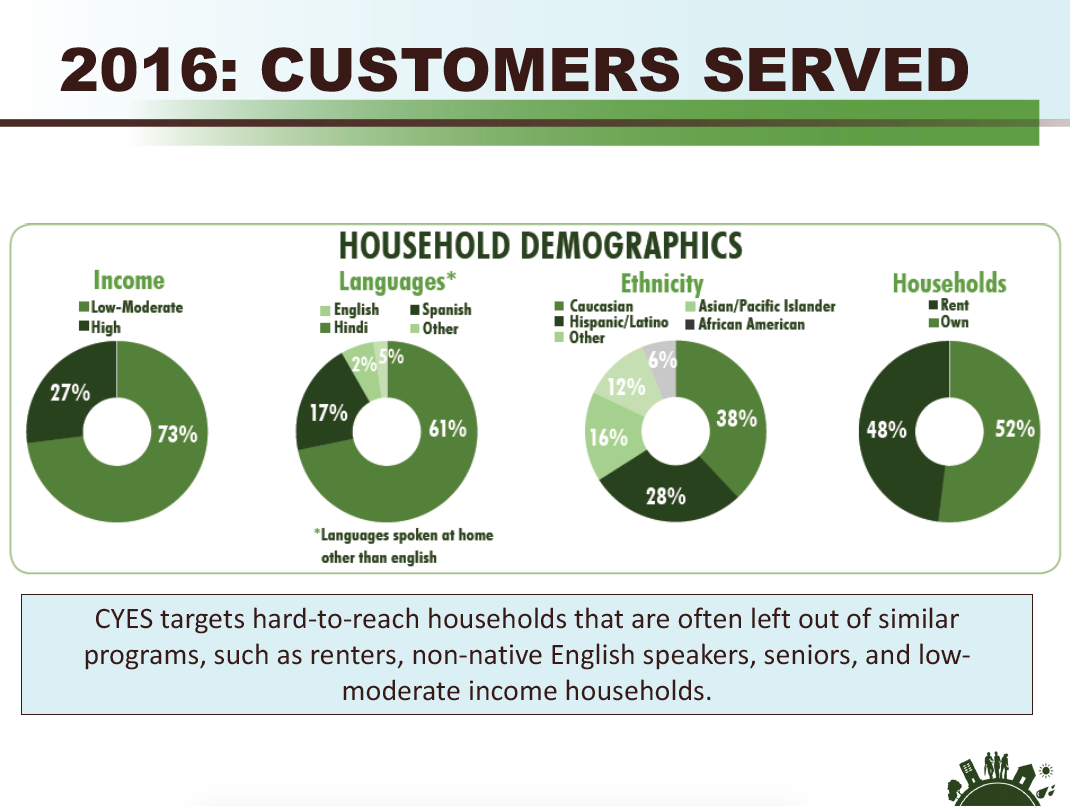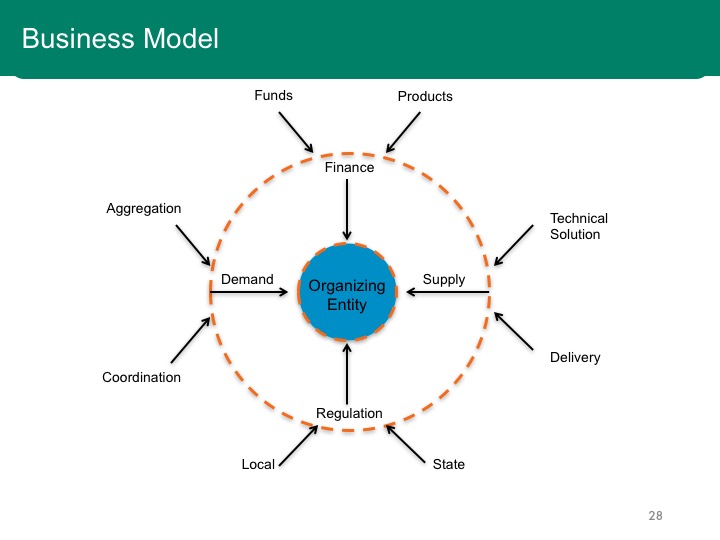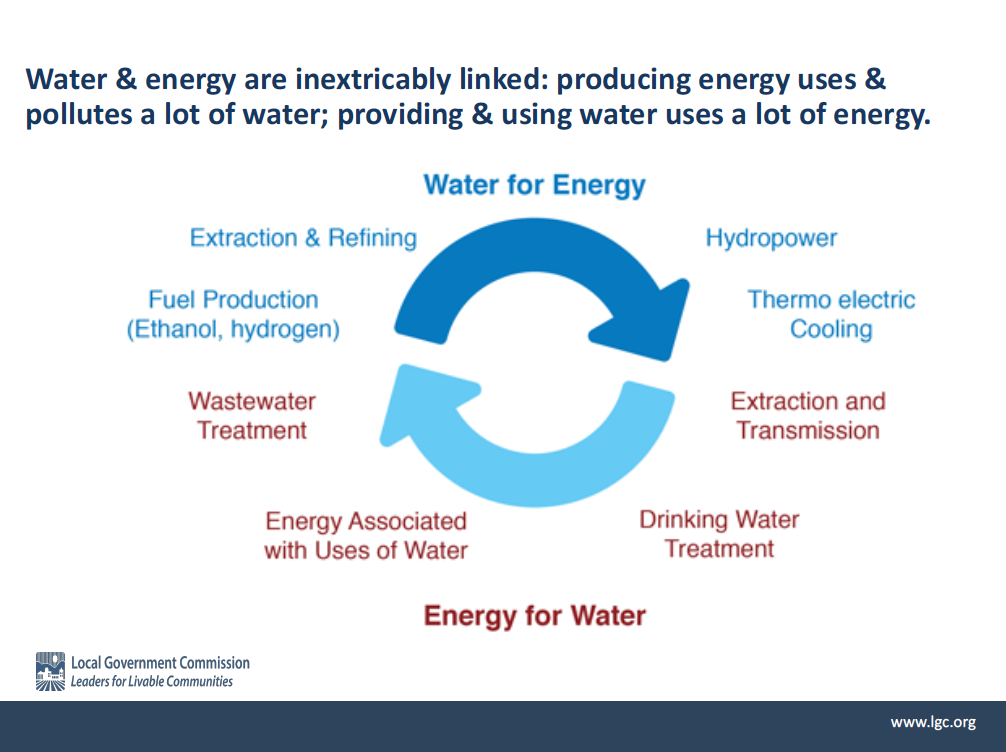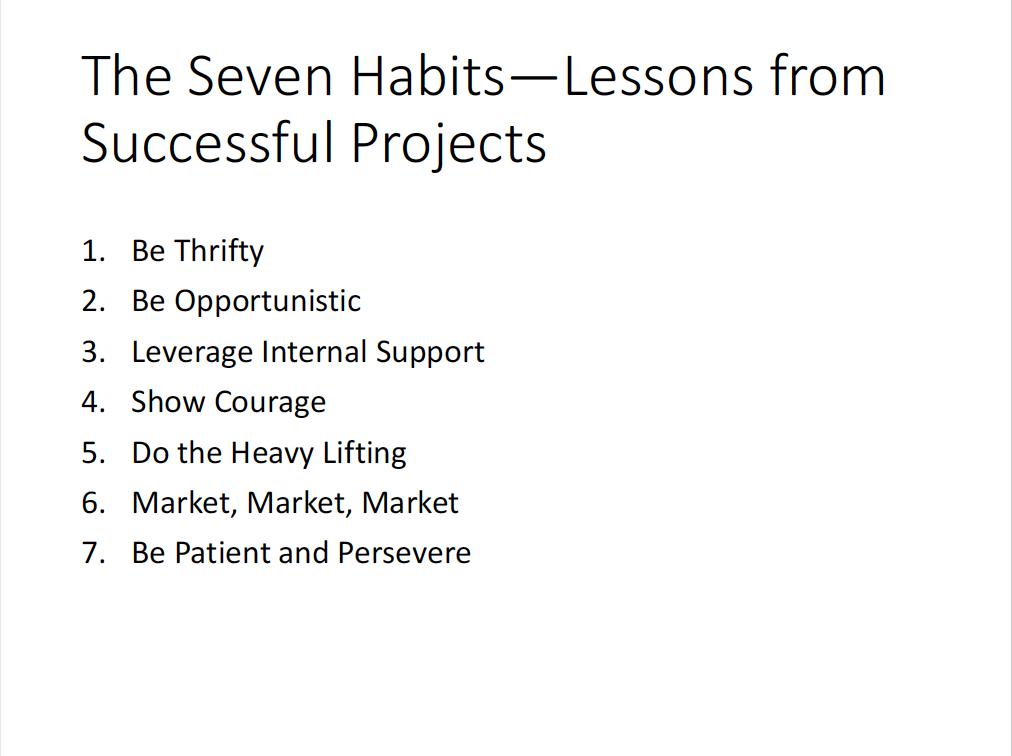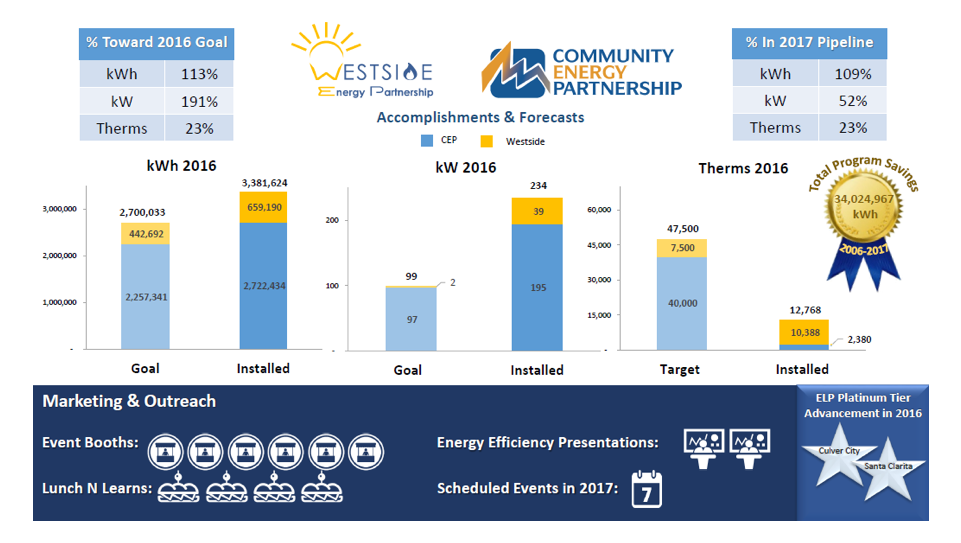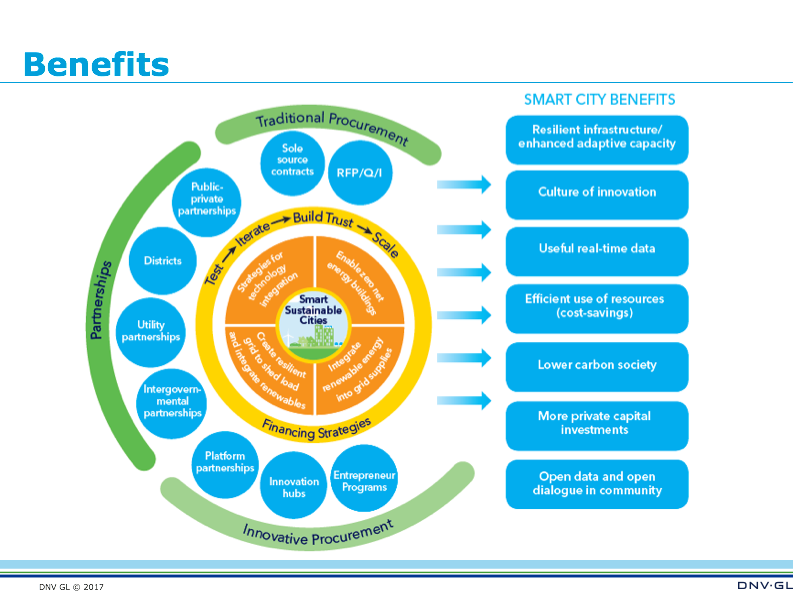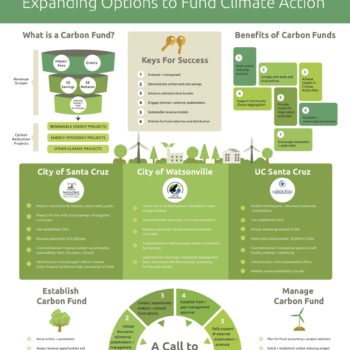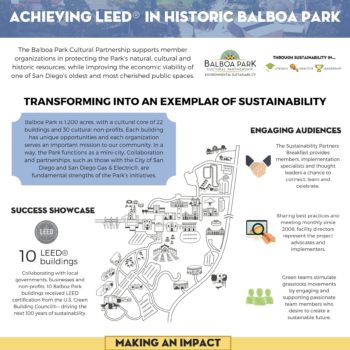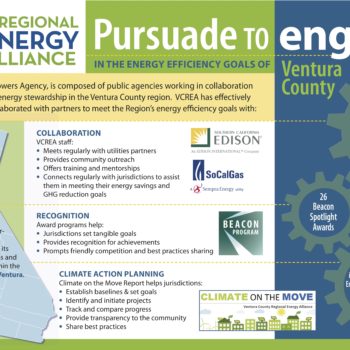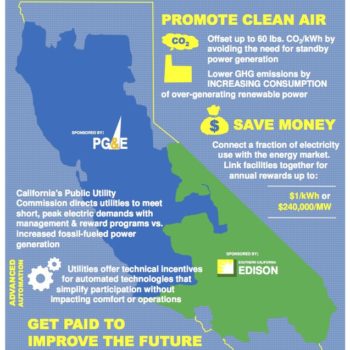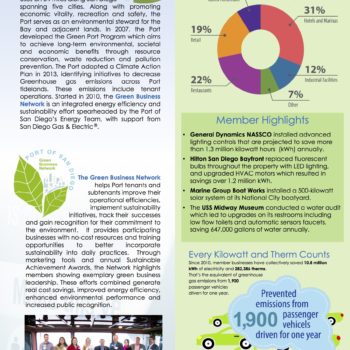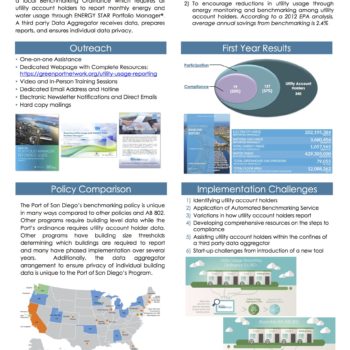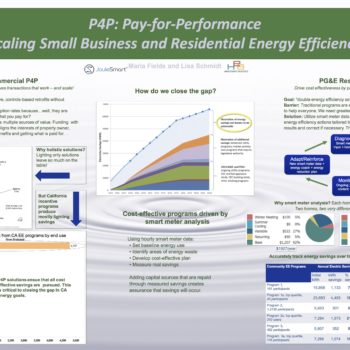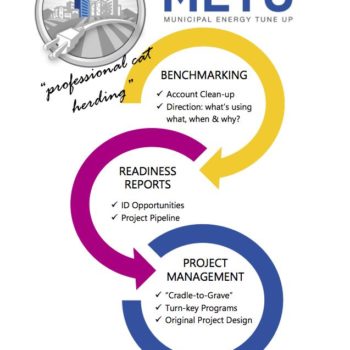The Local Government Commission, in partnership with the Statewide Energy Efficiency Collaborative, hosted the 8th Annual Statewide Energy Efficiency Forum in Fresno from June 14th to June 15th, with pre-forum activities taking place June 13th. Over 280 participants attended the forum representing cities, counties, local government partnerships, non-profit organizations, utilities, and private sector companies from across the state.
Forum Resources
Final resources from the forum are organized by plenary, breakout session, and poster and can be found in each of their corresponding tabs on this page. If you are having trouble locating a specific resource, please reach out to Julia Kim at jkim@lgc.org.
2017 Theme: Bridging the Gap
This year’s forum will focus on Bridging the Gap. Organizers will aim to feature topics that highlight approaches and strategies that catalyze local energy and sustainability action to close gaps in planning to implementation, data and technology, policy to practice, urban and rural, and more! For the first time, we are opening a call for session proposals to encourage participants to share innovative strategies and lessons learned that demonstrate how their agency is working to close gaps to save energy and achieve local sustainability goals.
Forum Organizer
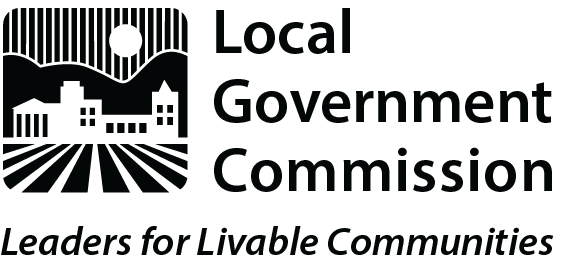
The Local Government Commission (LGC) is a nationally recognized non-profit organization with a rich history of connecting leaders, advancing policies and implementing solutions for sustainable communities. For the last 35 years, the LGC has been at the forefront – identifying promising approaches and fostering persuasive models that can be replicated and used to inform public policy.
Forum Sponsor
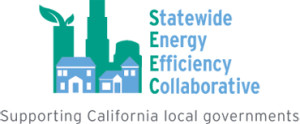
The Statewide Energy Efficiency Forum is sponsored by the Statewide Energy Efficiency Collaborative (SEEC). SEEC provides support to cities and counties to help them reduce greenhouse gas (GHG) emissions and save energy. SEEC is an alliance between three statewide non-profit organizations (The Local Government Commission, ICLEI – Local Governments for Sustainability, USA, and the Institute for Local Government) and California’s four Investor-Owned Utilities.
Contact: Logistics
Khrystyna Platte
Event Coordinator
Local Government Commission
kplatte@lgc.org
916-448-1198 x306
Contact: Program
Julia Kim
Senior Project Manager
Local Government Commission
jkim@lgc.org
916-448-1198 x304
Opening Plenary Session: The Path to 2030
The role of state and local governments in combating climate change is increasingly important as the world watches the Federal Government dismantle climate programs and agreements. The State of California continues to serve as an international leader through aggressive 2030 targets to: reduce statewide greenhouse gas emissions to 40% below 1990 levels, double energy savings in existing buildings, and achieve zero net energy in all new and 50% of existing commercial buildings. The challenge for state agencies and their local partners will be meeting these ambitious goals. This opening plenary session will highlight key challenges and opportunities from the State and local perspectives.
- Moderator: Kate Meis | Executive Director, Local Government Commission
- Leticia Perez | Kern County Supervisor, Fifth District
- Mindy Romero | Founder & Director, California Civic Engagement Project, UC Davis Center for Regional Change
- Randall Winston | Executive Director, Strategic Growth Council
Save Money, Save the World – The Next Level of Energy Efficiency
Dian will review the remarkable achievements of California’s energy efficiency history, which has saved billions of dollars, created thousands of new jobs, and avoided building dozens of powerplants. She will highlight the critical role of local governments in these accomplishments. Participants will learn about the challenges ahead for the next level of energy efficiency and the opportunities that exist, particularly at the local level, beyond the first generation of efficiency.
- Dian M. Grueneich | Senior Research Scholar, Stanford University
Grid 2.0
We have an aging grid with growing demand from an explosion of new technologies. In order for the grid to remain secure and reliable, as well as resilient to climate impacts, a host of new technologies and strategies will need to be seamlessly integrated – from distributed energy resources and microgrids to electric vehicles and smart buildings. This plenary session will dive into key considerations and approaches of grid modernization, highlighting case study examples and replicable strategies for local government.
- Moderator: Cary Garcia | Statewide Local Government Energy Efficiency Best Practices Coordinator
- Gerald Baun | Director, The IRES Network
- Joseph Oldham | Director, San Joaquin Valley Clean Transportation Center, CALSTART
- Garrett Wong | Senior Sustainability Analyst, Climate & Energy, City of Santa Monica
Bridging the Mitigation-Adaptation Gap
From extreme weather to rising tides, the threat that climate change poses to businesses and communities is becoming all too apparent. For energy providers such as PG&E, as well as customers and communities across the state, it requires taking action now to build climate resilience. Participants will learn about the key risks from a changing climate, as well as a range of emerging resilience solutions, including strategies that simultaneously reduce greenhouse gas emissions and build community resilience.
- Christopher Benjamin | Director, Corporate Sustainability, Pacific Gas and Electric Company
Policy & Planning
CA Climate Investments: Putting Cap-and-Trade Dollars to Work
In this session, State agency representatives from a variety of Climate Investments programs will present case studies of how local governments have accessed these funds to support local sustainability and equity efforts. These cases will walk through concrete examples of unique on-the-ground partnerships, effective community engagement, and creative leveraging strategies. For the second half of the session, Agency staff will lead a strategic discussion to think through how outreach, engagement, and technical assistance can improve the spread of Climate Investments across the California. The discussion will result in key take-aways and follow-up items for future collaboration.
- Monica Palmeira | Sustainable Communities Outreach Coordinator, Strategic Growth Council (moderator)
- Ambreen Afshan | Disadvantaged Communities Liason, Air Resources Board
- Glen Baird | LIWP Project Manager, Department of Community Services and Development
Demystifying Energy Benchmarking in the Age of AB 802 for Public Agencies
Public agencies are faced with meeting new facility energy benchmarking and disclosure requirements brought about by the passage of AB 802. However, many public agencies are unfamiliar with the process of facility energy benchmarking, the specifics of AB 802, and available facility benchmarking resources. In an effort to lay a foundational understanding of facility energy benchmarking and what has worked for other public agencies, The Energy Network’s session will give attendees the opportunity to hear about and share best practices, learn how to meet AB 802 requirements, and understand how Local Government Partnership cities can secure funding for these efforts.
- Marc Costa | Program Manager, The Energy Network Public Agency Program (moderator)
- Jake Anderson | Project Manager, The Energy Coalition
- Ravi Bajaj | Project Manager, Sustainability, Healthy Buildings International
- Erik Jensen | Energy Specialist, California Energy Commission
Reaching Towards Zero: Local Energy Ordinances Forge a Path
Building energy use, along with transportation, is a major contributor to greenhouse gas (GHG) emissions throughout the state. As local jurisdictions implement Climate Action Plans, many are looking to building energy codes and construction as a method to cost-effectively achieve their climate-related objectives. The California investor-owned utilities (IOUs) are partnering with local governments, the Energy Commission, Regional Energy Networks, and others to provide technical and policy support to jurisdictions that wish to adopt a local energy ordinance. This session will explore the evolution of ZNE policies, local ordinance adoption considerations, implementation challenges, resources and support available, and lessons learned.
- Rachael Londer | Energy Efficiency Specialist, County of San Mateo (moderator)
- Rachel DiFranco | Sustainability Manager, City of Fremont
- Chris Kuch | Engineer, Codes and Standards Program, Southern California Edison
- Kim Springer | Interim Deputy Director, Office of Sustainability, County of San Mateo
- Garrett Wong | Senior Sustainability Analyst, Climate & Energy, City of Santa Monica
The Cannabis Industry and Energy
The cannabis industry in California is growing and many local governments are facing a steep learning curve. This session aims to provide a crash course on the industry, the regulatory landscape, and production methods. Participants will also learn about the energy aspects of cannabis cultivation, energy efficiency strategies, and how energy program administrators can participate in this industry transition.
- Liz Yager | Sustainability Manager, County of Sonoma
- Hezekiah Allen | Executive Director, California Growers Association
- Nicholas Maderas | Energy Efficiency and Development Adviser, Sonoma County Growers Alliance
Best Practices
Driving Energy Savings in Businesses Through Behavioral Changes and Business Licenses
Focusing on two different programs, the Free Resource & Energy Business Evaluation (FREBE) and Step Up and Power Down, this session will showcase how these programs delivered energy efficiency savings to small and large businesses. The FREBE program leverages the business licenses process to require energy evaluations and drive program participation. Step Up and Power Down is a behavior-based marketing campaign that aimed to transform how communities thought about and used energy in their businesses. Session participants will be walked through a remote FREBE business evaluation and a Step Up and Power Down behavior-based energy reduction campaign.
- Cory Downs | Conservation Specialist, City of Chula Vista (moderator)
- Ariel Carpenter | Associate Environmental Specialist, City of San José
- Barbara Locci | Conservation Specialist, City of Chula Vista
- Jillian Rich | Manager, Workforce Education and Training Customer Energy Solutions, Pacific Gas and Electric Company
Energy Efficiency and Adaptation: Coordination for Mutually Beneficial Outcomes
Energy efficiency is one of the state’s pillars for GHG mitigation but is less well-recognized as a climate adaptation strategy. However, demand management is an important strategy to reduce climate vulnerabilities, particularly as increased temperatures and outages from wildfires, storms, and other disasters put strain on our energy systems. This session will bring together practitioners and policy-makers to discuss how energy efficiency and adaptation can be coordinated to reduce demand and also increase resiliency and reliability. Panelists will highlight specific projects, tangible strategies, and lessons learned.
- Michael McCormick | Senior Planner, Governor’s Office of Planning and Research (moderator)
- Kathleen Bryan | Senior Energy Efficiency Specialist, City and County of San Francisco
- Lauren Casey | Deputy Director, Sonoma County Regional Climate Protection Authority
- Kristine Lloyd | Senior Environmental Policy Advisor, Southern California Gas Company
Environmental Justice and Energy: Strategies For Collaborating With Vulnerable Communities
There are many low-income communities of color who have faced historical and current disadvantages in securing sustainable, affordable, and reliable energy access. Serving vulnerable communities is a critical aspect of bridging the gap on energy policy planning and implementation. How do we ensure sustainable and affordable energy access? How do we overcome systemic environmental racism? What are best practices for community engagement in places with multiple languages or families with young children? What infrastructure is needed for green job development? The panel will discuss these questions and present some case studies on supporting vulnerable communities on energy costs, solar installations, clean energy organizing, and green job training.
- Hoi-Fei Mok | Program Officer, ICLEI (moderator)
- Rosie Casillas | Manager, Income Qualified Programs, Southern California Edison
- Tom Esqueda | Executive Director, Grid Alternatives
- Jessica Guadalupe Tovar | Organizer, Local Clean Energy Alliance
- Abbey Leonard | Director of Development and Marketing, Rising Sun Energy Center
Getting to Net-Zero Energy in Affordable Multifamily
Existing multifamily buildings represent a significant opportunity for implementing comprehensive upgrade solutions that result in energy savings and lead to properties becoming Zero Net Energy (ZNE). This session will demonstrate why ZNE is a compelling goal to existing affordable multifamily property owners and managers, as well as local governments. Presenters will highlight case studies and pathways to leverage incentive programs and financial resources to complete ZNE projects. Participants will be guided through a hands-on exercise to develop hypothetical ZNE plans. Participants will take away a deeper understanding of the feasibility of ZNE retrofits in the existing affordable multifamily sector.
- Lowell Chu | Senior Energy Efficiency Specialist, City and County of San Francisco (moderator)
- Martha Campbell | Project Manager, Rocky Mountain Institute
- Nick Young | Project Manager, Association for Affordability
Replicable Water-Energy Solutions
Our water and energy systems are inextricably linked; delivering and treating water supply requires a tremendous amount of electricity. Conversely, energy production places a heavy demand on our limited water resources. Both water and energy rely on complex human and infrastructure systems. Reducing water and energy demand is a critical step in ensuring your community’s resilience to climate change impacts. During this session you will learn strategies for implementing water/energy efficiency programs at different scales, through three specific case study examples. hat
- Danielle Dolan | Water Program Manager, Local Government Commission (moderator)
- Cody Coeckelenbergh | Director of Program Services, Lincus
- Cory Downs | Conservation Specialist, City of Chula Vista
- Susan Wright | Program Manager, Ecology Action
The Seven Habits of Highly-Effective Municipal Sustainability Professionals
Competing priorities, tight budgets, a lack of formal organizational status, and inertia can make it a challenge to translate climate action goals into concrete and meaningful action. The purpose of this session is to acknowledge these barriers and present strategies for how to overcome them. This session will focus on examples from the City of Fremont, where, with minimal staffing and a small budget, the city has successfully implemented significant sustainability programs over the past few years including efficiency upgrades; solar installations; a battery storage pilot program; community car share; a community group solar purchase program; and installation of EV charging infrastructure.
- Brendan Havenar-Daughton | Local Government Energy Efficiency Strategy Lead, Pacific Gas and Electric Company (moderator)
- Dan Schoenholz | Deputy Community Development Director, City of Fremont
- Rachel DiFranco | Sustainability Manager, City of Fremont
Varied Approaches, Unifying Goals: Behavior Change & Local Government Partnerships
Local Government Partnerships are unique in that there is a large space for program autonomy under an overarching structure. This model allows for the impact of subtle and overt behavior charge over the course of one’s energy journey. Behavior change takes place not just in the customer, but in the community, local government, program implementer, or utility. Changes are often the result of behavior modification rather than regulatory direction. During this discussion, we bring together representatives who have all modified programs and customer end use through direct and indirect behavior modification through the structure of the Local Government Partnership program.
- Courtney Kalashian | Executive Director, San Joaquin Valley Clean Energy Organization (moderator)
- Rachel DiFranco | Sustainability Manager, City of Fremont
- Ivana Dorin | Program Manager, The Energy Coalition
- Trevor Keith | Energy Program Coordinator, County of San Luis Obispo
- Tyler Masters | Program Manager, Western Riverside Council of Governments
Technology & Tools
ClearPath: Best Practices for Climate Action Planning, Implementation, and Tracking
This session provides an overview of ICLEI’s climate action planning framework and demonstration of ClearPath’s inventory, forecasting, and planning modules for intermediate users of the tool. ClearPath is a holistic tool for climate action planning with sophisticated analysis and decision-support. Following the demo, the City of Emeryville and LA Gateway Cities Region will present case studies from their climate action planning. Emeryville developed its Climate Action Plan (CAP) 2.0 last year and is currently implementing various CAP measures. The Gateway Cities work includes energy action plan development and energy efficiency measures implementation as well as the development of a preliminary regional climate action planning framework.
- Hoi-Fei Mok | Program Officer, ICLEI – Local Governments for Sustainability (moderator)
- Noe Adalberto Martinez-Diaz | CivicSpark Fellow, Gateway Cities Council of Governments
- Matthew Anderson | Environmental Programs, City of Emeryville
- Michael Steinhoff | Program Director, ICLEI – Local Governments for Sustainability
Live Demo – Public Tools to Improve Building Energy Efficiency
This session will demonstrate two public tools to support city or utility building energy efficiency programs. The first tool is LBNL’s City Building Energy Saver, a data and computing platform built on open data and modeling standards to visualize building performance and conduct retrofit analyses at the district or city scale. The second tool is Lucid’s BenchmarkMyBuilding.com, which was created in collaboration with U.S. Department of Energy and Lawrence Berkeley National Laboratory, BenchmarkMyBuilding leverages ENERGY STAR and the DOE to benchmark annual energy cost and consumption against a dataset representative of 4.8 million buildings across 68 billion square feet.
- Josh Wentz | Technical Product Manager, Lucid (moderator)
- Tianzhen Hong | Staff Scientist, Lawerence Berkeley National Lab
Unlocking the Potential of Smart Cities for Smart Energy Efficiency
The new buzz word seems to be “smart cities“ – but what does it mean and how do cities effectively achieve the vision of a smart, efficient city? This session will examine real-world case studies, highlighting smart city projects with a focus on vendor engagement strategies for energy efficiency projects to help cities sift through the myriad of energy efficiency offerings in the market related to smart LED street lights, predictive analytics, and community engagement. This panel will examine what has worked to date and help cities to understand how new smart city technologies can support climate action and energy efficiency.
- Betty Seto | Head of Department, DNV GL (moderator)
- Parita Ammerlahn | Senior Engineer, City of San Diego
- Sally Barros | Sustainability Manager, City of San Leandro
- Coleen Wisniewski | Senior Conservation Specialist, City of Chula Vista
About the 2016 Forum
The 7th Annual Statewide Energy Efficiency Forum was held June 15-16, 2016 in Riverside, CA. For the first time, the forum was expanded to two full days and featured 20 sessions along the theme of Taking a Holistic Approach Toward a Sustainable Future. 96% of forum survey respondents stated that the 2016 forum met or exceeded their expectations!
2010-2015 Forums
“As always, LGC did an amazing job pulling together the SEEC Forum. I always want to go to sessions but typically wind up in the hall networking due to the great connection points the Forum affords.”
“Being new to the industry, the conference provided lots of learning and networking opportunities.”[/us_testimonial]

